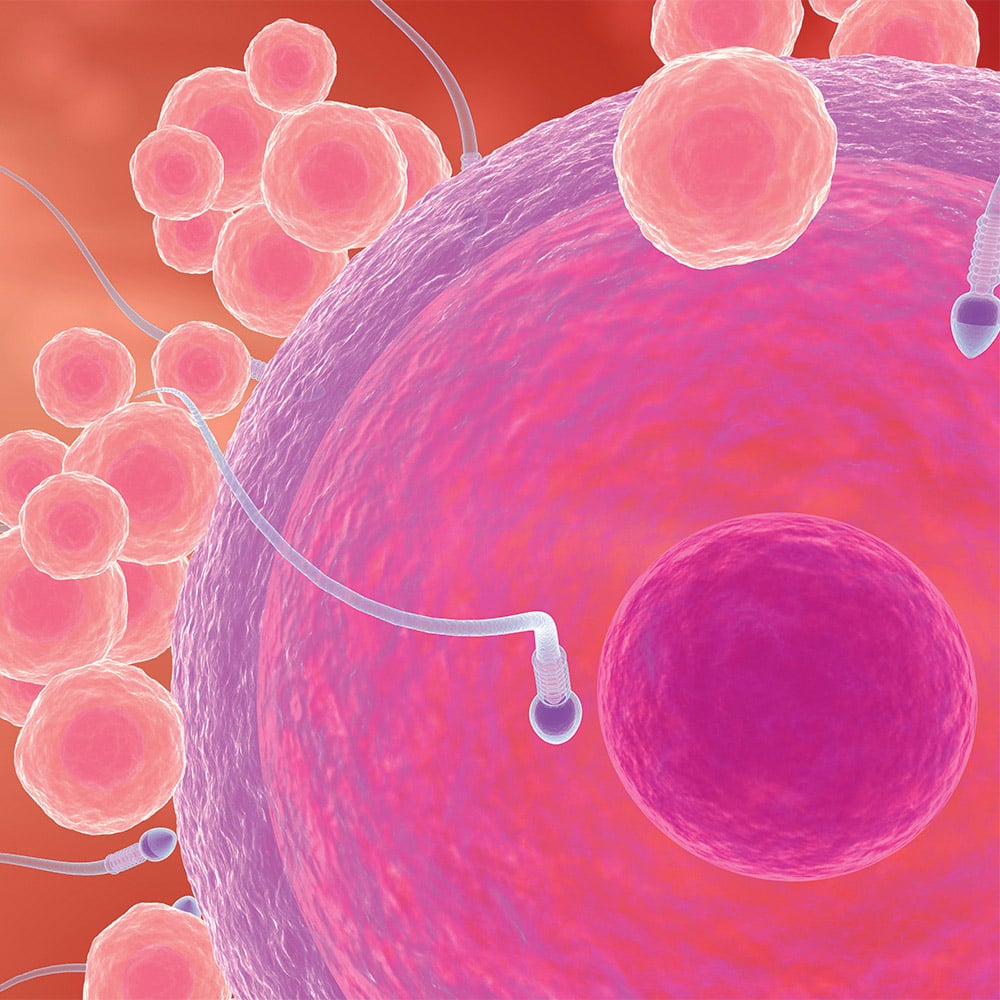At our Fertility Acupuncture clinic we can now offer medical phlebotomy and can carry out a wide range of tests including Day 2/3 LH, FSH and Oestrogen, to AMH levels and a Full Thyroid Panel.
The day 2/3 tests FSH and LH are among the first tests that will be run by your GP when you’re trying to conceive. There is often a lot of fear around an elevated FSH reading as it can signify peri menopause and an anticipated poorer response for those starting IVF.
FSH Is one of the major reproductive hormones, which is always the first starting point along with LH (luteinising hormone) to be tested when you are TTC. But why is it important? How does is relate to our AMH levels and egg health? And what does it actually mean if it is high? Here are some factors to keep in mind when having your FSH tested.
Follicle Stimulating Hormone, commonly referred to as FSH, is a gonadotropin—a type of hormone that plays a pivotal role in regulating the reproductive processes. It is produced and secreted by the pituitary gland, a small gland located at the base of the brain.
FSH is involved in the development of reproductive cells, including sperm in men and eggs in women. FSH is often used as a marker to predict how well you will respond to IVF drugs as when elevated along with LH it can be a maker of perimenopause.
FSH stimulates the growth and maturation of ovarian follicles in the ovaries. Each follicle contains an egg, and without adequate FSH, these follicles cannot develop properly.
As the ovarian follicles mature, they produce oestrogen, a hormone crucial for regulating the menstrual cycle and preparing the uterine lining for potential pregnancy. These hormones are in a constant dance together communicating and regulating our menstrual cycle, when one of them becomes out of balance it has a knock on affect on our other reproductive hormones, as each cycle is influenced by previous cycles.
FSH levels are taken on day 2/3 of your menstrual cycle, this is when the hormone will be at its baseline, as it prepares for the start of a new menstrual cycle. When FSH is elevated on day 2 of a cycle it means it has been recruiting follicles too early, which will have an impact on the rest of your cycle and can often cause early ovulation.
FSH levels will fluctuate between menstrual cycles, and is influenced by a number of factors including the progesterone levels in the previous cycle. FSH and AMH are the communication channel between the brain and the ovaries and one impacts the other, often as FSH increases AMH will decrease.
FSH levels are influenced by stress, lack of sleep, alcohol, even the act of having blood taken can cause stress leading to an elevated reading. It’s really important when comparing your readings you make sure you have recreated the same environment such as having a similar amount of sleep, fasting or non fasting, and making sure they are done at the same lab.
One high reading is not enough to say you are in peri menopause, results must be looked at within the context of the other hormones that regulate the menstrual cycle, and it should always be taken into consideration if a lifestyle factor has lead to an elevated reading.
Working on stress reduction, making sure we have enough intimacy which positively affects parts of our brain that releases FSH, as well as ensuring you have enough sunlight and moonlight exposure which helps our production of melatonin which can lead to better sleep quality and lower FSH. For those who aren’t able to get enough sunlight red light therapy can be very beneficial.
FSH levels can be measured through a simple blood test which can be completed here at our Fertility Acupuncture clinic.
Whether you are planning to start a family or simply want to understand your body better, knowing about FSH and its functions can provide valuable insights. If you have concerns about your hormone levels, it’s always a good idea to have a fertility specialist, like myself, guide you through the appropriate tests and treatments.
